I know that the Brick and the VTY hackage do not support escape sequences. VTY only supports 240 colors.
Is there any workaround to use true RGB colors and not mess up the layout?
This is an example I made, but I can't get the border right:
module BrickTest where
import Brick (simpleMain, Widget, str)
import Brick.Widgets.Border (border)
import Text.Printf (printf)
main :: IO ()
main = simpleMain $ colorWidget (255, 0, 0)
type RGB = (Int, Int, Int)
colorWidget :: RGB -> Widget ()
colorWidget (r, g, b) = border $ str (prefix ++ "a" ++ postfix)
where
prefix = printf "\ESC[38;2;%d;%d;%dm" r g b
postfix = "\ESC[0m"
output:
┌──────────────────┐
│a│
└──────────────────┘

